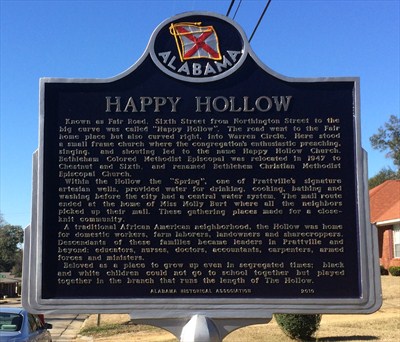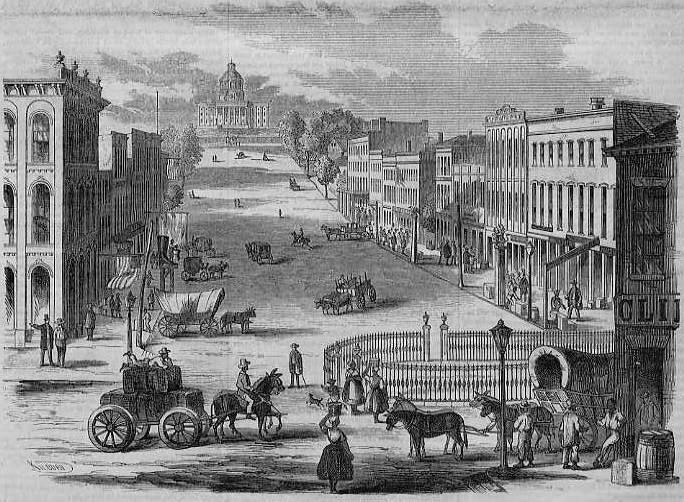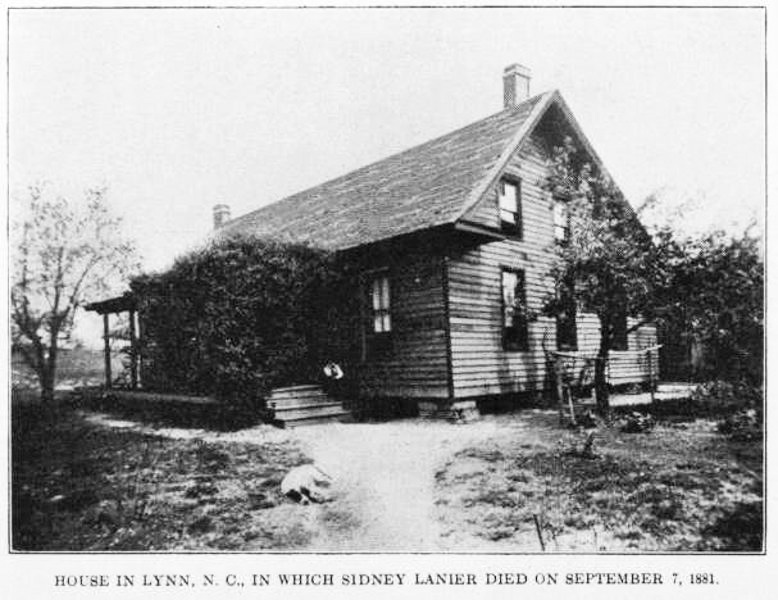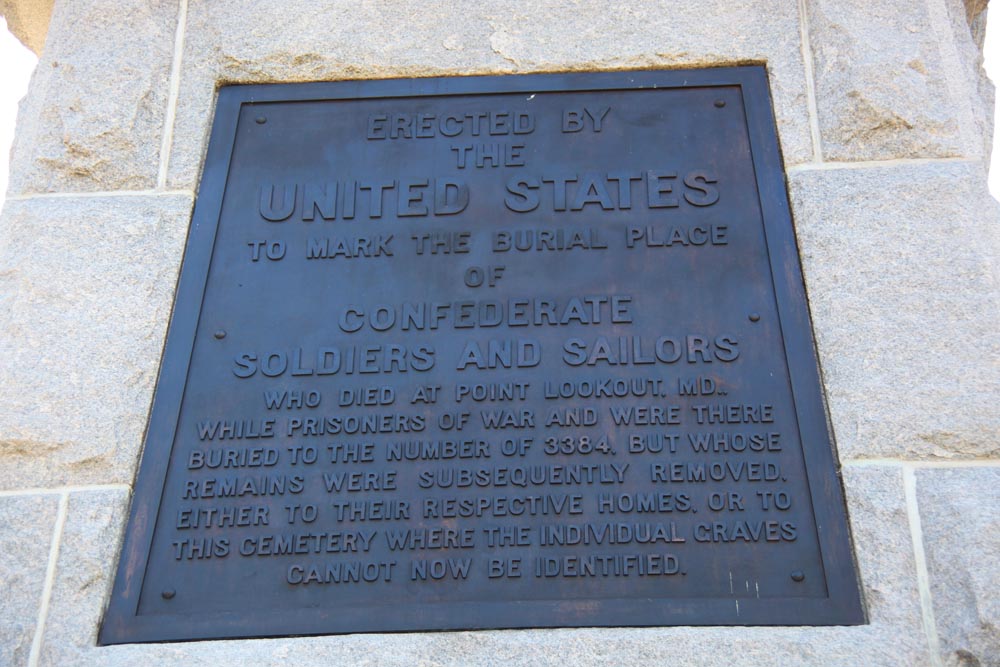|
Sidney Lanier
Sidney Clopton Lanier (February 3, 1842 – September 7, 1881) was an American musician, poet and author. He served in the Confederate States Army as a private, worked on a blockade-running ship for which he was imprisoned (resulting in his catching tuberculosis), taught, worked at a hotel where he gave musical performances, was a church organist, and worked as a lawyer. As a poet he sometimes used dialects. Many of his poems are written in heightened, but often archaic, American English. He became a flautist and sold poems to publications. He eventually became a professor of literature at the Johns Hopkins University in Baltimore, and is known for his adaptation of musical meter to poetry. Many schools, other structures and two lakes are named for him, and he became hailed in the South as the "poet of the Confederacy". A 1972 US postage stamp honored him as an "American poet". Biography Sidney Clopton Lanier was born February 3, 1842, in Macon, Georgia, to parents Robert Sampso ... [...More Info...] [...Related Items...] OR: [Wikipedia] [Google] [Baidu] |
:Template:Infobox Writer/doc
Infobox writer may be used to summarize information about a person who is a writer/author (includes screenwriters). If the writer-specific fields here are not needed, consider using the more general ; other infoboxes there can be found in :People and person infobox templates. This template may also be used as a module (or sub-template) of ; see WikiProject Infoboxes/embed for guidance on such usage. Syntax The infobox may be added by pasting the template as shown below into an article. All fields are optional. Any unused parameter names can be left blank or omitted. Parameters Please remove any parameters from an article's infobox that are unlikely to be used. All parameters are optional. Unless otherwise specified, if a parameter has multiple values, they should be comma-separated using the template: : which produces: : , language= If any of the individual values contain commas already, add to use semi-colons as separators: : which produces: : , ps ... [...More Info...] [...Related Items...] OR: [Wikipedia] [Google] [Baidu] |
Virginia
Virginia, officially the Commonwealth of Virginia, is a state in the Mid-Atlantic and Southeastern regions of the United States, between the East Coast of the United States, Atlantic Coast and the Appalachian Mountains. The geography and climate of the Commonwealth (U.S. state), Commonwealth are shaped by the Blue Ridge Mountains and the Chesapeake Bay, which provide habitat for much of its flora and fauna. The capital of the Commonwealth is Richmond, Virginia, Richmond; Virginia Beach, Virginia, Virginia Beach is the most-populous city, and Fairfax County, Virginia, Fairfax County is the most-populous political subdivision. The Commonwealth's population was over 8.65million, with 36% of them living in the Baltimore–Washington metropolitan area. The area's history begins with Native American tribes in Virginia, several indigenous groups, including the Powhatan. In 1607, the London Company established the Colony of Virginia as the first permanent English overseas posse ... [...More Info...] [...Related Items...] OR: [Wikipedia] [Google] [Baidu] |
Negro
In the English language, ''negro'' is a term historically used to denote persons considered to be of Black African heritage. The word ''negro'' means the color black in both Spanish and in Portuguese, where English took it from. The term can be construed as offensive, inoffensive, or completely neutral, largely depending on the region or country where it is used, as well as the context in which it is applied. It has various equivalents in other languages of Europe. In English Around 1442, the Portuguese first arrived in Southern Africa while trying to find a sea route to India. The term ', literally meaning "black", was used by the Spanish and Portuguese as a simple description to refer to the Bantu peoples that they encountered. ''Negro'' denotes "black" in Spanish and Portuguese, derived from the Latin word ''niger'', meaning ''black'', which itself is probably from a Proto-Indo-European root ''*nekw-'', "to be dark", akin to ''*nokw-'', "night". ''Negro'' was also used of ... [...More Info...] [...Related Items...] OR: [Wikipedia] [Google] [Baidu] |
White Cracker
Cracker, sometimes white cracker or cracka, is a racial epithet directed towards white people, used especially with regard to poor rural whites in the Southern United States. Although commonly a pejorative, it is also used in a neutral context, particularly in reference to a native of Florida or Georgia (see Florida cracker and Georgia cracker). Etymology The exact history and etymology of the word is debated. The term is "probably an agent noun" from the word crack. The word was later adopted into Gaelic as the word craic meaning a "loud conversation, bragging talk" where this interpretation of the word is still in use in Ireland, Scotland, and Northern England today. The historical derivative of the word craic and its meaning can be seen as far back as the Elizabethan era (1558-1603) where the term crack could be used to refer to "entertaining conversation" (one may be said to "crack" a joke or to be " cracking wise") The word ''cracker'' could be used to ... [...More Info...] [...Related Items...] OR: [Wikipedia] [Google] [Baidu] |
Knoxville, Tennessee
Knoxville is a city in and the county seat of Knox County in the U.S. state of Tennessee. As of the 2020 United States census, Knoxville's population was 190,740, making it the largest city in the East Tennessee Grand Division and the state's third largest city after Nashville and Memphis.U.S. Census Bureau2010 Census Interactive Population Search. Retrieved: December 20, 2011. Knoxville is the principal city of the Knoxville Metropolitan Statistical Area, which had an estimated population of 869,046 in 2019. First settled in 1786, Knoxville was the first capital of Tennessee. The city struggled with geographic isolation throughout the early 19th century. The arrival of the railroad in 1855 led to an economic boom. The city was bitterly divided over the secession issue during the American Civil War and was occupied alternately by Confederate and Union armies, culminating in the Battle of Fort Sanders in 1863. Following the war, Knoxville grew rapidly as a major whole ... [...More Info...] [...Related Items...] OR: [Wikipedia] [Google] [Baidu] |
Montvale Springs
Montvale Springs is a location in Blount County, Tennessee, United States, that was once the site of a fashionable resort hotel, and is now a summer camp. Early years It is said that Sam Houston, later president of the Republic of Texas, discovered the springs that gave the resort its name. The vicinity of Montvale Springs was used as the locale for the novel by Charles W. Todd, ''Woodville; Or Anchoret Reclaimed'' (1832). In 1832 the local entrepreneur Daniel Davis Foute bought of land on Chilhowee Mountain, including a black sulphur spring, and built a ten-room log hotel. Foute used Cherokee laborers to build roads to connect the hotel to turnpikes to Georgia and North Carolina. He planted vineyards and orchards. The hotel was first advertised in 1832. It was described as a "resort hotel and spa". The two story building was "pretentious rustic" in style. The hotel attracted a wealthy clientele from throughout the Cumberland Valley and the lower Mississippi Basin. They came to ... [...More Info...] [...Related Items...] OR: [Wikipedia] [Google] [Baidu] |
Prattville, Alabama
Prattville is a city located within both Autauga and Elmore counties in the State of Alabama but serves as the county seat of Autauga County. As of the 2020 census, the population of the city was 37,781. Nicknamed "The Fountain City" due to the many artesian wells in the area, Prattville is part of the Montgomery metropolitan statistical area. History Prattville was founded in 1839 by industrialist and architect Daniel Pratt. The area was largely inhabited by Native Americans and a few settlers when Pratt, a native of Temple, New Hampshire, first observed the Autauga Creek in the 1830s. He purchased approximately from Joseph May at $21.00 an acre, and set out to build his manufacturing facilities and the town along the banks of Autauga Creek. The location was chosen because the creek could supply power to the cotton gin manufacturing equipment. The town became an industrial center and rapidly grew. In 1868, it was named the county seat for Autauga County. Prattville conta ... [...More Info...] [...Related Items...] OR: [Wikipedia] [Google] [Baidu] |
Exchange Hotel, Montgomery
The Exchange Hotel in Montgomery, Alabama, United States, was a luxury hotel, first built in 1846 and finished in 1847. The hotel burned down in 1904 and was rebuilt in 1906; its second incarnation was demolished in the 1970s. The hotel was a hotbed of politics; during the American Civil War it housed, for a while, the Confederate government, and throughout the 20th century it was the place where politicians and business men met to make deals. Among the early owners were "Messrs. St. Lanier & Son"; Sterling Lanier was the grandfather of Sidney Lanier and his brother Clifford, who both worked at the hotel as clerks. After the Civil War, Clifford managed and co-owned the hotel. History The hotel was started by a group of local businessmen who had the company of Robinson and Bardwell build it (they were also responsible for the Alabama State Capitol), with architect Samuel Holt, on the corner of Montgomery and Commerce Streets. The work started in 1846 and was finished in the fa ... [...More Info...] [...Related Items...] OR: [Wikipedia] [Google] [Baidu] |
Montgomery, Alabama
Montgomery is the capital city of the U.S. state of Alabama and the county seat of Montgomery County. Named for the Irish soldier Richard Montgomery, it stands beside the Alabama River, on the coastal Plain of the Gulf of Mexico. In the 2020 census, Montgomery's population was 200,603. It is the second most populous city in Alabama, after Huntsville, and is the 119th most populous in the United States. The Montgomery Metropolitan Statistical Area's population in 2020 was 386,047; it is the fourth largest in the state and 142nd among United States metropolitan areas. The city was incorporated in 1819 as a merger of two towns situated along the Alabama River. It became the state capital in 1846, representing the shift of power to the south-central area of Alabama with the growth of cotton as a commodity crop of the Black Belt and the rise of Mobile as a mercantile port on the Gulf Coast. In February 1861, Montgomery was chosen the first capital of the Confederate States of ... [...More Info...] [...Related Items...] OR: [Wikipedia] [Google] [Baidu] |
Sidney Lanier
Sidney Clopton Lanier (February 3, 1842 – September 7, 1881) was an American musician, poet and author. He served in the Confederate States Army as a private, worked on a blockade-running ship for which he was imprisoned (resulting in his catching tuberculosis), taught, worked at a hotel where he gave musical performances, was a church organist, and worked as a lawyer. As a poet he sometimes used dialects. Many of his poems are written in heightened, but often archaic, American English. He became a flautist and sold poems to publications. He eventually became a professor of literature at the Johns Hopkins University in Baltimore, and is known for his adaptation of musical meter to poetry. Many schools, other structures and two lakes are named for him, and he became hailed in the South as the "poet of the Confederacy". A 1972 US postage stamp honored him as an "American poet". Biography Sidney Clopton Lanier was born February 3, 1842, in Macon, Georgia, to parents Robert Sampso ... [...More Info...] [...Related Items...] OR: [Wikipedia] [Google] [Baidu] |
Maryland
Maryland ( ) is a U.S. state, state in the Mid-Atlantic (United States), Mid-Atlantic region of the United States. It shares borders with Virginia, West Virginia, and the District of Columbia to its south and west; Pennsylvania to its north; and Delaware and the Atlantic Ocean to its east. Baltimore is the largest city in the state, and the capital is Annapolis, Maryland, Annapolis. Among its occasional nicknames are ''Maryland 400, Old Line State'', the ''Free State'', and the ''Chesapeake Bay State''. It is named after Henrietta Maria, the French-born queen of England, Scotland, and Ireland, who was known then in England as Mary. Before its coastline was explored by Europeans in the 16th century, Maryland was inhabited by several groups of Native Americans – mostly by Algonquian peoples and, to a lesser degree, Iroquoian peoples, Iroquoian and Siouan languages, Siouan. As one of the original Thirteen Colonies of England, Maryland was founded by George Calvert, 1st Baron Ba ... [...More Info...] [...Related Items...] OR: [Wikipedia] [Google] [Baidu] |
Point Lookout State Park
Point Lookout State Park is a public recreation area and historic preserve occupying Point Lookout, the southernmost tip of a peninsula formed by the confluence of Chesapeake Bay and the Potomac River in St. Mary's County, Maryland. The state park preserves the site of an American Civil War prisoner of war camp and the Point Lookout Light, which was built in 1830. It is the southernmost spot on Maryland's western shore, the coastal region on the western side of the Chesapeake Bay. The park is currently closed for renovations. Colonial period Captain John Smith, the famed explorer who surveyed the Mid-Atlantic region for the British Crown, came ashore at Point Lookout in 1608. He surveyed the lands and waters of the area, including the mouth of the Potomac River on the south side of Point Lookout and its small nearby tributary, the St. Mary's River. Smith gave very favorable reports on the area to the king of England, remarking on the abundant game and fishing opportunities, ... [...More Info...] [...Related Items...] OR: [Wikipedia] [Google] [Baidu] |











